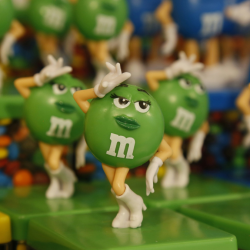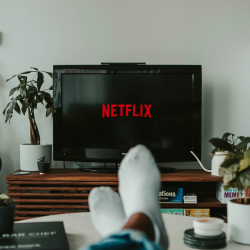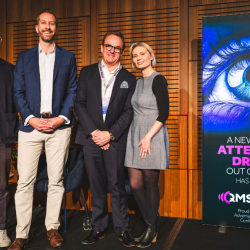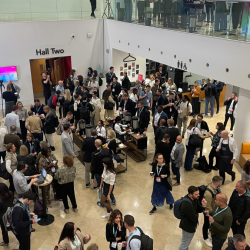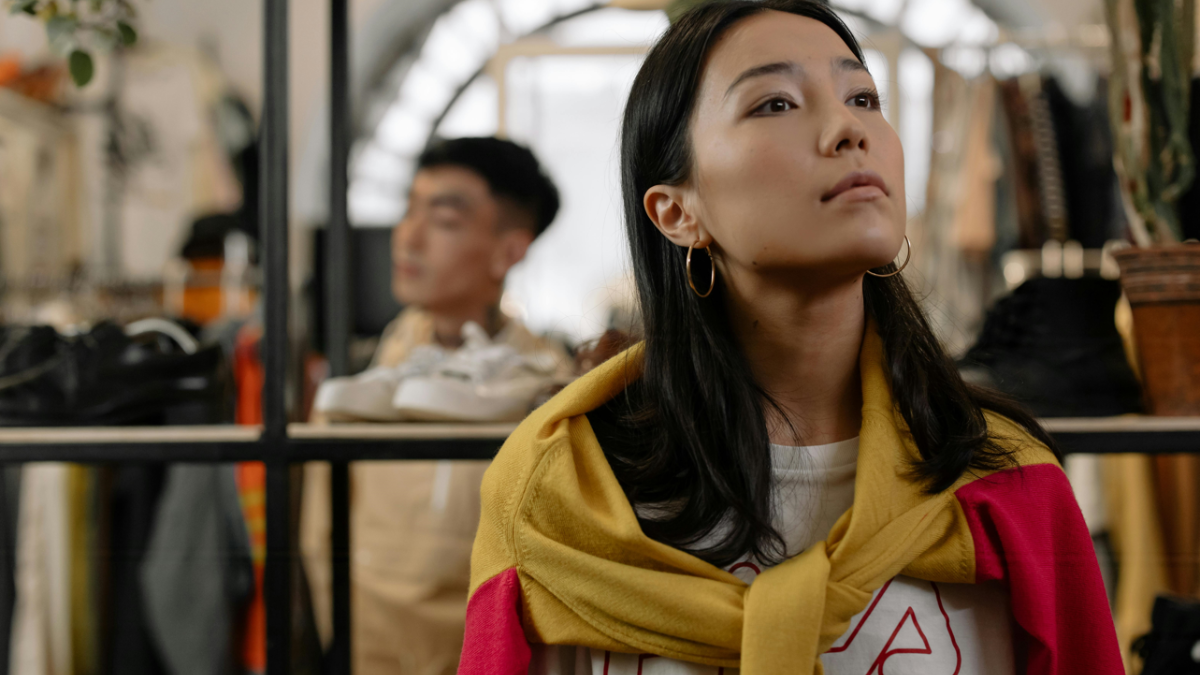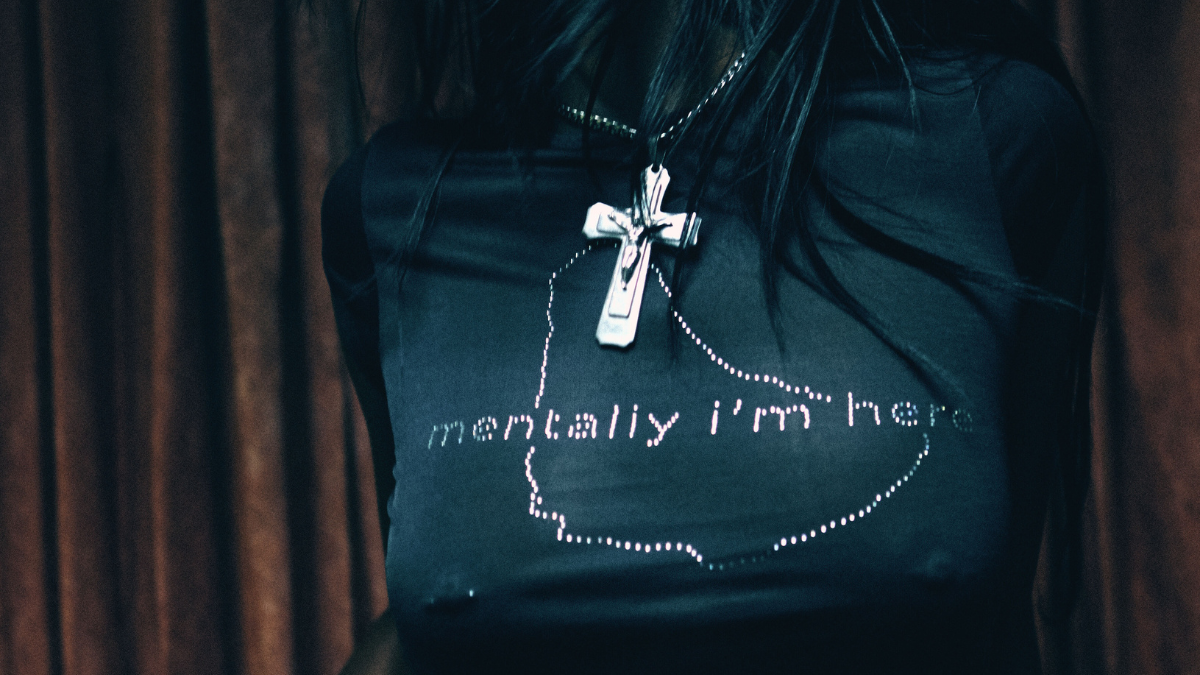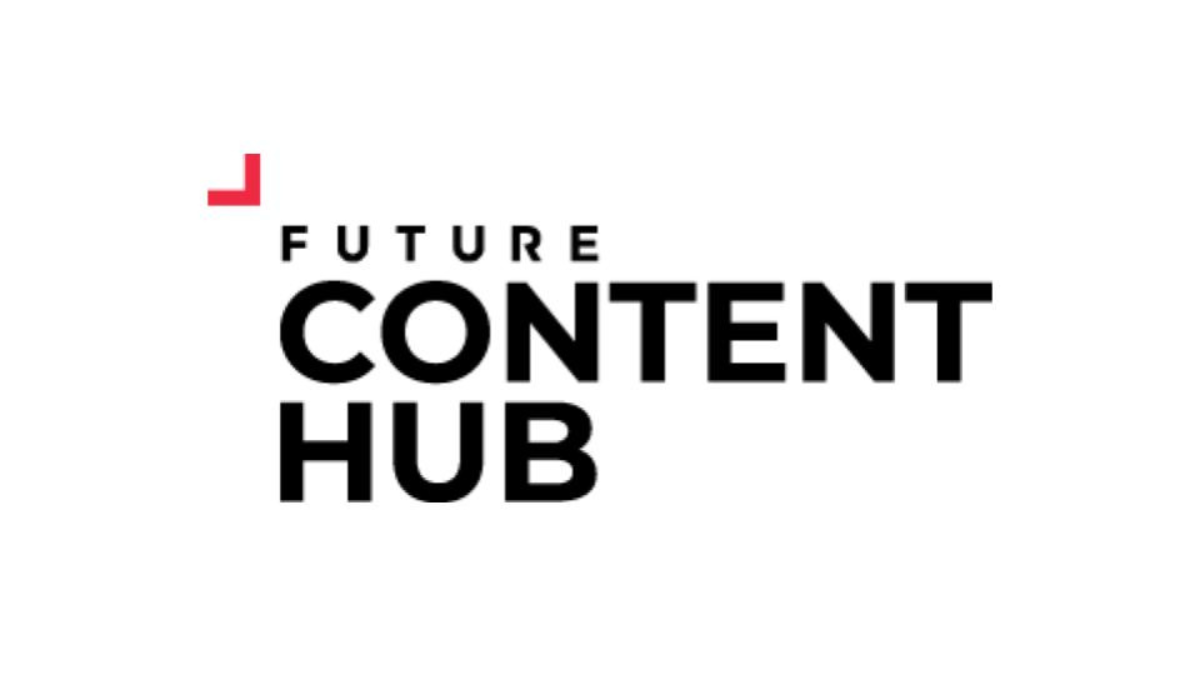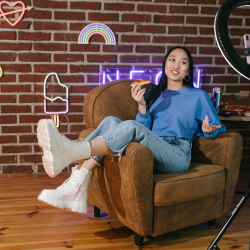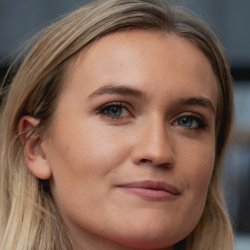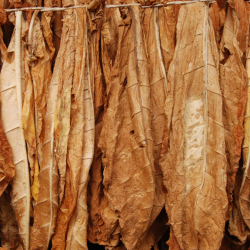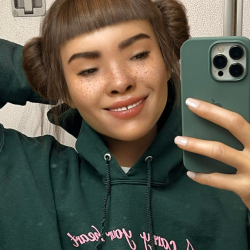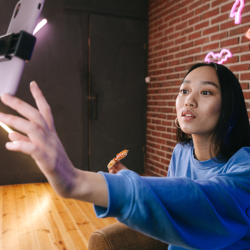The Bureau of Investigative Journalism has revealed British American Tobacco’s (BAT) campaign to sponsor a Spanish boyband’s tour. While the singers are, themselves, all in their 20s and 30s and easily old enough to make their own decisions about the use of tobacco products aimed at adults, the same cannot necessarily be said of their fans.
The Bureau revealed that the band – Dvicio – were cover stars for a Spanish tween magazine and that several influencers attended a Madrid concert to promote BAT’s heated tobacco product, Glo, along with competition winners who had also gained tickets – via Glo’s Instagram account. As a result of its investigation, the Bureau suggests that despite claiming that its products are for adult smokers only, the tobacco company’s influencer and social activity could “have the effect of encouraging young people to pick up a potentially deadly tobacco habit”.
This is not the first time the influencer channel has been criticised for, if not contravening advertising regulations specifically, then not generally abiding by the spirit of the law. Celebrity influencers from Love Island and Geordie Shore have been called out for promoting risky Foreign Exchange traders when, The Telegraph reported recently, they “make no mention of the risks that people would be taking.” Forex is a notoriously difficult market to deal in and typical advertising must abide by regulations that talk about the risks of investing as well as the benefits.
Not everything is going brands’ and influencers’ way. On top of a backlash that influencers are using ‘business’ as an excuse to escape to Dubai to avoid stringent lockdown measures and the frankly miserable British weather, the Advertising Standards Authority recently censured three posts in a high profile case. They featured two different tanning brands where the influencers applied filters, enhancing their own looks but also exaggerating the effectiveness of the fake tan. The ads breached the CAP clause on misleading advertising and influencers are now advised not to add filters to beauty products.
Featured image: Anthony DELANOIX / Unsplash
